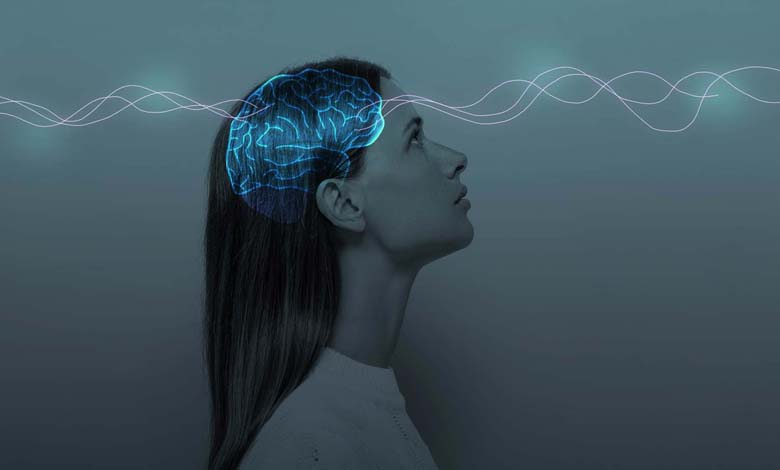Digital Mental Health Through Real-Life Experiences: How Artificial Intelligence Is Reshaping the Landscape of Modern Psychotherapy

With the rise of digital health technologies, thousands of users worldwide report the increasing influence of AI-driven tools in their mental health journeys. Applications such as Woebot, Wysa, and Replika—based on conversational AI models—enable users to reflect on their emotions, recognize cognitive distortions, and practice techniques inspired by cognitive-behavioral therapy (CBT).
-
Artificial Intelligence: A Tool for Creators or a Competitor?
-
Does Artificial Intelligence Provide Accurate Health Advice?
For many, AI offers a judgment-free and accessible space to express emotions, especially in moments of isolation or social anxiety. These tools provide immediate support 24/7, helping users monitor their thoughts and emotional states in real time, often serving as an initial gateway into therapy.
However, user feedback also highlights limitations: lack of emotional depth, difficulty handling complex psychological issues, and absence of clinical interpretation. Most users view these AI tools as supplementary to, rather than a replacement for, traditional mental health therapy with a licensed professional.
-
Britain criminalizes the use of artificial intelligence for child sexual exploitation
-
Positive and Negative: How Artificial Intelligence Affects the Environment
Lowering Stigma and Expanding Mental Health Access: What User Stories Reveal
Qualitative user reports suggest that AI plays a key role in reducing the stigma associated with seeking mental health support. Individuals who might hesitate to speak with a therapist find these tools to be a discreet, less intimidating alternative. The anonymity provided by AI chatbots fosters honest emotional expression, particularly among teens and young adults.
Moreover, the affordability of these tools—often free or low-cost—makes them accessible to users in underserved regions, where mental health professionals may be scarce or unavailable. For many living in low-resource settings, these platforms represent the only form of psychological aid within reach.
-
“Neural Networks” in Artificial Intelligence: What Do They Mean and What Is Their Role?
-
Can Artificial Intelligence Be a Safe Partner in the Workplace?
Nonetheless, users frequently emphasize the need for ethical standards and professional oversight. Without direct human supervision, AI tools may pose risks in cases of severe depression, emotional crisis, or suicidal ideation. For safety and effectiveness, integration with licensed mental health care remains crucial.












